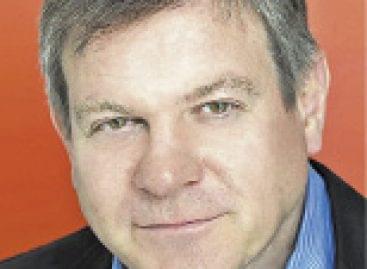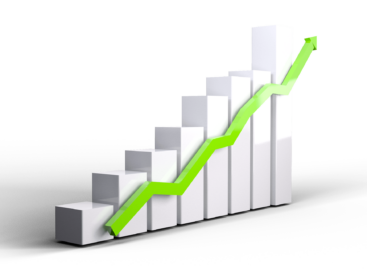Consumption drives the economy
According to the latest forecast by the Balance Institute, the Hungarian economy is expected to grow by less than 1 percent this year – GDP could grow by only 0.8 percent in 2025. The main driver of growth will continue to be household consumption, while the production side, especially the automotive industry, battery production and construction, is showing weak performance. Inflation could be 4.9 percent this year and could ease to 4.6 percent next year, writes VG.hu.
 Tamás Kozák, co-founder and director of economic research at the Balance Institute, emphasized in the Bruttó podcast that although the forint exchange rate is currently stable, a weaker level would be fundamentally justified. According to him, in addition to consumption, supporting businesses’ access to the market is also essential for economic growth – not only credit policy is needed.
Tamás Kozák, co-founder and director of economic research at the Balance Institute, emphasized in the Bruttó podcast that although the forint exchange rate is currently stable, a weaker level would be fundamentally justified. According to him, in addition to consumption, supporting businesses’ access to the market is also essential for economic growth – not only credit policy is needed.
The 2026 election year and the expected milder fiscal and monetary policy carry inflationary risks. Social groups are affected differently by price increases: in the bottom income decile, food expenses can reach 35–40 percent of total income, while in the top decile this ratio is 12–14 percent.
The expected consolidation of the European economic environment next year may provide further impetus, with the Balance Institute expecting growth of 1.7 percent for 2026 – a more moderate forecast than that of the Hungarian National Bank.
Related news
21st European Commerce Day: the market and politics sitting at the same table
🎧 Hallgasd a cikket: Lejátszás Szünet Folytatás Leállítás Nyelv: Auto…
Read more >Related news
József Viski: Adaptation and competitiveness are key for the horticultural sector
🎧 Hallgasd a cikket: Lejátszás Szünet Folytatás Leállítás Nyelv: Auto…
Read more >Festival buzz at the 60th anniversary EuroShop trade fair
🎧 Hallgasd a cikket: Lejátszás Szünet Folytatás Leállítás Nyelv: Auto…
Read more >









